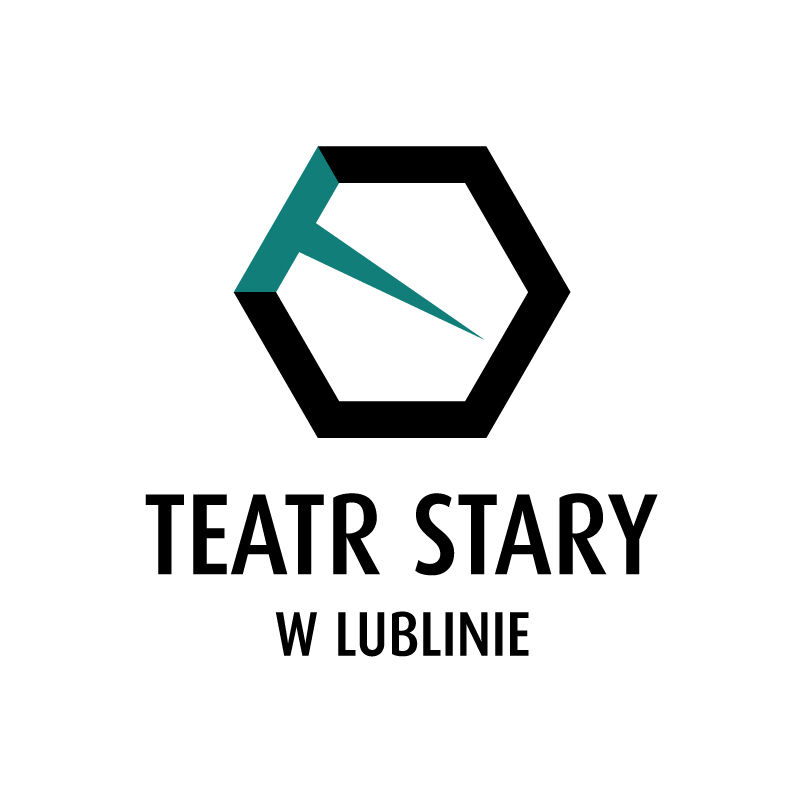A Panteon for all
At the beginning of the 20th century, the theatre building in the Old Town had a seating capacity of 299: 143 on the ground level; 16 in the compartment boxes; 40 in the circle – the first storey, and 60 in the upper-level balcony. To make the venue more attractive – the Makowski enterprise competed against a big municipal theatre and a growing number of cinemas – the owner frequently changed the name and increased the repertoire.
Starting from 1913 the venue, now known as Panteon (Eng. Pantheon), offered diverse kinds of entertainment, as is evident from the extant playbills. It welcomed professional and amateur theatre ensembles, both Polish (which sometimes kept their own names: Teatr Miniatur, Popularny, Powszechny) and Jewish. Films were regularly screened. The entertainment on offer tended to be of the light variety: the repertoire mostly comprised short comedies, farces, operettas, vaudevilles.
Apart from these, Panteon also housed dance classes, wrestling, boxing, election meetings, rallies, and lecture of political, social-reformist or educational kind. Here are some examples:
In January 1916, a supper and an evening dance was held to benefit the Legion’s Tavern [a charity organisation supporting volunteer Polish forces]. The event featured “the artistic forces of our city as well as the local male voice choir of the Musical Association”. The show was directed by Zygmunt Kiedrzyński; according to the playbill, he reportedly “took pains to ensure that the programme was varied and interesting”.
On the New Year’s Eve of 1921, Panteon had a bilingual Polish-Hebrew playbill which announced that “a grand masquerade” was being organised with confetti, a buffet, hot hors d’oeuvres, a military orchestra, and dances “led by the renowned ballet master Kuba Akierman”.
On 22 April 1923, Auxilium Academicum Judaicum in Lublin organised “a popular lecture (in Yiddish) of Dr Sz. Gerszengorn on Venereal diseases”. The proceeds would help fund the Committee for Aid to Jewish Students.
Several days later, the Lublin Consumers Cooperative celebrated 1 May not by holding a traditional party, but by organising an evening of “lectures and concerts, with workers as the main theme”. The event included “a lecture of Comrade Tołwiński from Warsaw, performances by a choir and an orchestra, a one-act play Demonstration, and so forth”.
In 1928, the Polish Socialist Party held a Women’s Rally in the theatre hall. The rally was related to the parliamentary elections and included speeches by “the former member of parliament Mr Malinowski, Mrs Zakrzewska and Mrs Stępniewska”.
On Christmas Day 1929, the Theatre and Educational section of the “Spólnota” association performed “the traditional nativity play with singing and dancing” at the Panteon.





